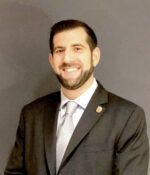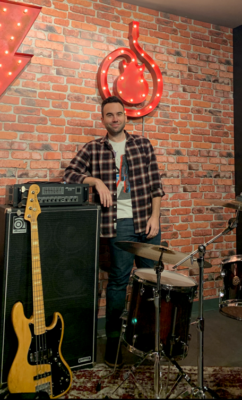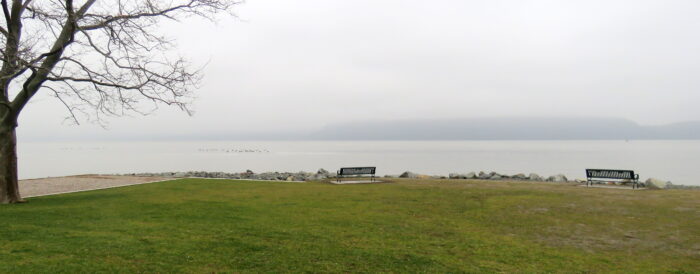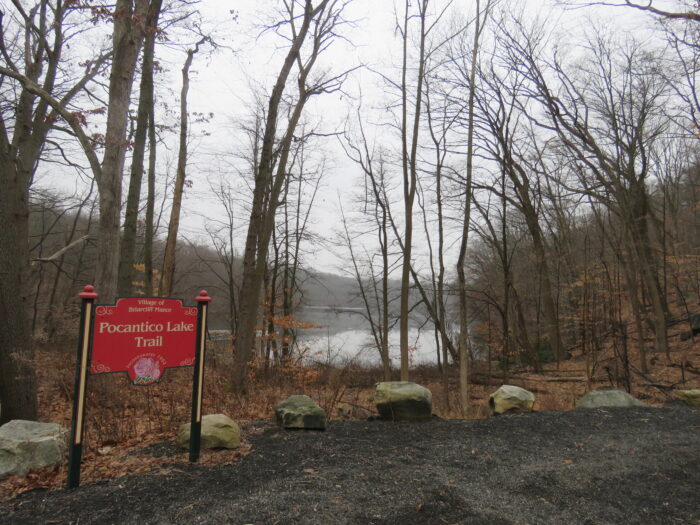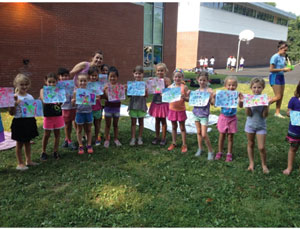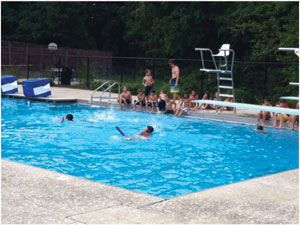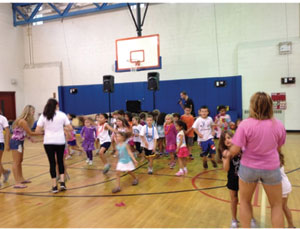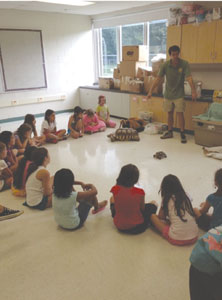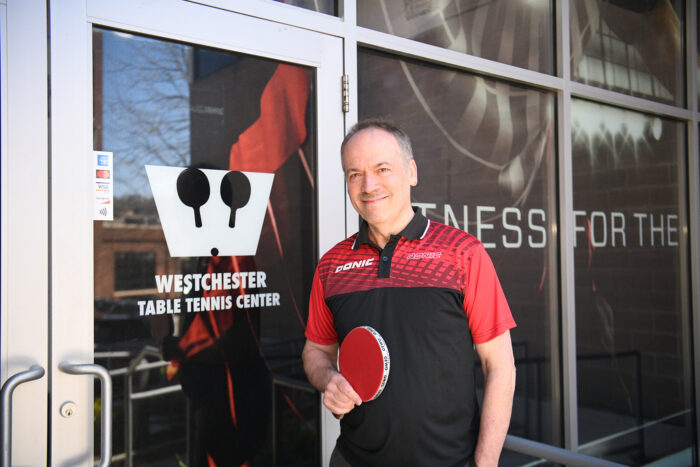
On February 19 Will Shortz, a Pleasantville resident and The New York Times puzzle editor, saw his Wordle streak come to an end.
Shortz knew the word began with S and ended with “ILL” – but instead of choosing a word that contained multiple potential second letters he guessed through the possibilities: skill, spill. He was out of guesses before trying the correct answer, “Swill.”
“I was surprised how much it hurt me to lose,” Shortz, explains a few days later. “So I am not going to let myself lose again.”
Shortz, a puzzler with few peers in the world, takes such vows seriously. In 2012, Shortz had just opened the Westchester Table Tennis Center in Pleasantville and set out to play ping pong all 366 days of the year. But on October 3, Shortz was at the World Puzzle Championship in Kraljevica, Croatia and got lost on the way to a tennis club he had lined up to play after the tournament.
“The club wasn’t where I thought it was going to be, and I arrived just as they were closing,” Shortz recalls. “I don’t speak Croatian, so what could I say to them as they are leaving?”
Shortz has not let it happen since. Despite his busy schedule, a global pandemic and frequent travel, he has spent a chunk of his day on the table for more than 3,500 days in a row, as of press time. His streak is probably a record, although no one officially keeps track.
“Will does not travel unless he has an itinerary of where he’s going to go, the club he is going to play,” says Robert Roberts, Shortz’s close friend and travel companion, the manager of the tennis club, and a three-time Caribbean table tennis champion.
This tendency towards obsession has served Shortz well as a puzzler. Shortz started making crossword puzzles when he was around eight years old and by the time he sold his first at age 14, to his national Sunday school magazine Venture, he knew he wanted to make puzzling a career. By 16, he was a regular contributor to Dell puzzle magazines. At the University of Indiana, he received a specialized degree in enigmatology, or the study of puzzles; he is believed to be the only person in the world with such a degree.
In 1993, Shortz joined The New York Times as puzzle editor. The puzzle team has grown to include six members, but at the time it was a department of one. He’s helmed the department going on three decades, in addition to his role as puzzle master on NPR’s Weekend Edition. He founded both the American Crossword Puzzle Tournament and the World Puzzle Championship, and each year travels across the world for the latter.
While not on the level of others who have passed through his club, Shortz is also a very good ping pong player. He is rated 1600, or upper intermediate, putting him in the top half of tournament players while not at a championship level (your correspondent, a mediocre ponger, narrowly avoided a goose egg when the two last faced off nearly a decade ago).
Though the sport seems to hold little in common with puzzling, Shortz sees parallels between his two passions.
“From the participants standpoint, when you do it you get completely wrapped up in the activity, focused on solving the puzzle and winning the game and you forget everything else in the world,” Shortz says. “And when you’re done, you’re ready to go back to the world. It is a great feeling. It refreshes you.”
And it is in the table tennis world that Shortz has turned Pleasantville into a national destination, drawing the best players from across the globe to one of the largest table tennis centers in the United States.
“I’m really proud of it,” says of the Westchester Table Tennis Center, which Shortz opened in May 2011. “I love it when people come into the club, look around and go, wow. Because when you think of a table tennis facility you think of something cramped with a low ceiling and dim lighting. And when you come into our place, it is professional.”
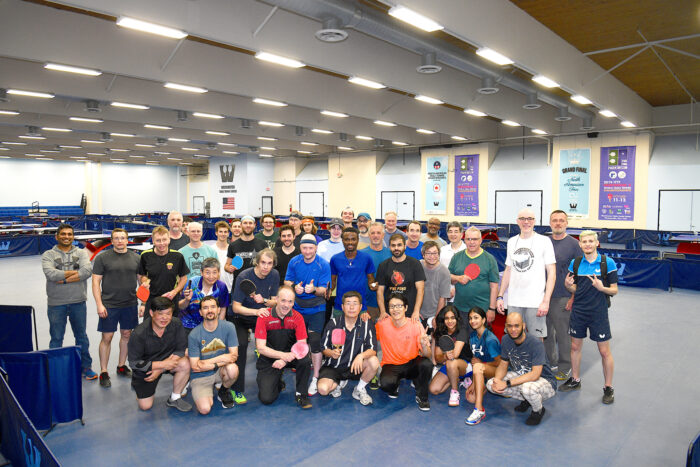
Coming to Pleasantville
Shortz grew up on an Arabian horse farm in central Indiana and stayed in his home state to attend university. But after college, his budding puzzling career drew him to the New York metropolitan area.
“If you want to be in puzzles, New York is the area to be,” Shortz says.
Shortz moved to Stamford, Connecticut in 1977, then four years later to Forest Hills, Queens. In 1993, he found a three-story Tudor in Pleasantville and fell in love both with the town and the property.
“I was in Forest Hills for 12 years. And it always felt like a stage for something else. It didn’t feel permanent,” he says. “I remember I bought this house, and the first morning I walked down those steps saying, this feels like home.”
In 1999, folklorist Steve Zeitlin and author Stefan Kanfer founded the Rivertowns Table Tennis Club, which eventually rotated between Hastings-on-Hudson, Ardsley and Tarrytown. Shortz joined in 2001.
In 2004, a new puzzle craze hit the US, this one focused on single-digit numbers.
“When I first heard about Sudoku, I thought, ‘There has never been a popular number puzzle so I am dubious about this,’” he recalls. “Then when I tried one and I understood the addictiveness of it, I became an enthusiast.”
In 2005, Shortz published his first Sudoku book. It sold more than a million copies. He’s since published dozens more; by 2006 he had sold more than five million copies, according to an NBC News article, and that summer he said that he was making more money from Sudoku than he was for The New York Times.
He has now published hundreds of Sudoku books, and it was his Sudoku bonanza that provided the money for Shortz and Roberts to open the Westchester Table Tennis Center in 2009.
The Club
The table tennis center comprises 30 tables spread throughout multiple rooms and abundant space between each table. In contrast to the stereotypical claustrophobia-inducing basement ping pong club, the Pleasantville center’s high ceilings make the facility seem even larger than its 21,000 square feet.
The club was the largest in the US when it opened, Shortz says; though it was expanded during the Covid-19 shutdown and is now bigger nearly by half, larger clubs have opened elsewhere.
“Initially, it was hard,” recalls Roberts. “Trying to build a club of this magnitude is not easy, especially seeing that we had a lot of competition in the city.”
The club had the advantage of starting with much of the existing membership of Rivertowns Tennis Club. It has grown from there, and now has roughly 200 members.
It has become a destination for some of the world’s top talent, particularly for the club’s tournaments, which Roberts describes as the best in North America.
“The United States does not rank well internationally in table tennis,” Shortz explains. “The top men’s players, if they want to get good, they have to go abroad.”
Now, the best players from abroad are coming to Westchester. On the day Inside Press visited the club, Nigerian Olympian Olajide Omotayo, ranked 92nd in the world in the International Table Tennis Federation (ITTF) male world rankings, was teaching a class on spin serves. Croatian Andrej Gacina, ranked 20th in the world at the time, won the club’s Westchester Open tournament in 2016, while 46th-ranked Bojan Tokic of Slovenia won it in 2014 and 2017.
“We are doing our part for increasing the popularity of table tennis in the United States and the level of skill of players,” Shortz says.
Something for Everyone
Most of the players who pass through the club are, of course, not nationally ranked and harbor no Olympic ambitions.
“There are kids who say, ‘This takes the stress away from school. Coming here, I get to relax,’” Roberts says. “There are a lot of adults who, I don’t know what’s going on in their life, but they say, this here basically saved them.”
The club also holds frequent special events. On Wednesdays, the club holds a program for people with Parkinson’s disease. Shortz founded PingPongParkinson in 2017, which aims to halt the progression of the disease by using ping pong as a form of physical therapy.
“When the ball comes over the net, they start their stroke and the shaking stops,” Shortz says.
The club also occasionally holds novelty contests, with players using a miniature paddle or a giant ball.
Shortz has yet to turn the center into profitable business, instead using his New York Times salary and book sales to fund the venture. “It’s a big expense, actually. It doesn’t make money,” he says. “I’m hoping eventually it breaks even.”
This is just one of Shortz’s pong-related goals. He has already played at a ping pong club in all 50 states, and now hopes to play in more countries than anyone else in history (he’s hit 40 so far).
But Shortz has challenges outside of the ping pong table. For the Times, he and his team still must sort through some 200 crossword submissions each week and narrow it down to one puzzle each day.
“We look for something fresh, interesting, never done before. Maybe it has a playfulness or a sense of humor about it. Then we look at construction,” he says. “If the theme is good, then we look to see if the fill is interesting, lively, colorful, juicy, with as little stupid obscurity or crosswordese as possible.”
He or his team then rewrite many of the puzzle’s clues–usually around half–before publication. Reference books are piled in each room in his home to help with this task.
And in January, the Times announced that it has paid low seven figures to buy Wordle. As a puzzle the game will fall under his purview, though Shortz says he has no plans to make any changes.
“I’m a big fan. I play it every day,” he says. “My hope is not to mess up the game.”
